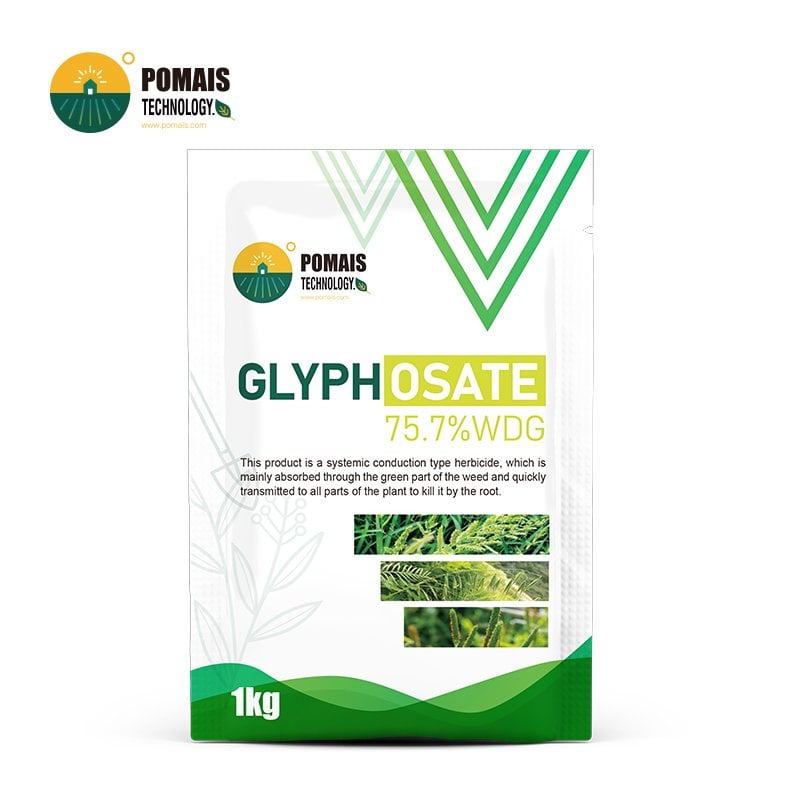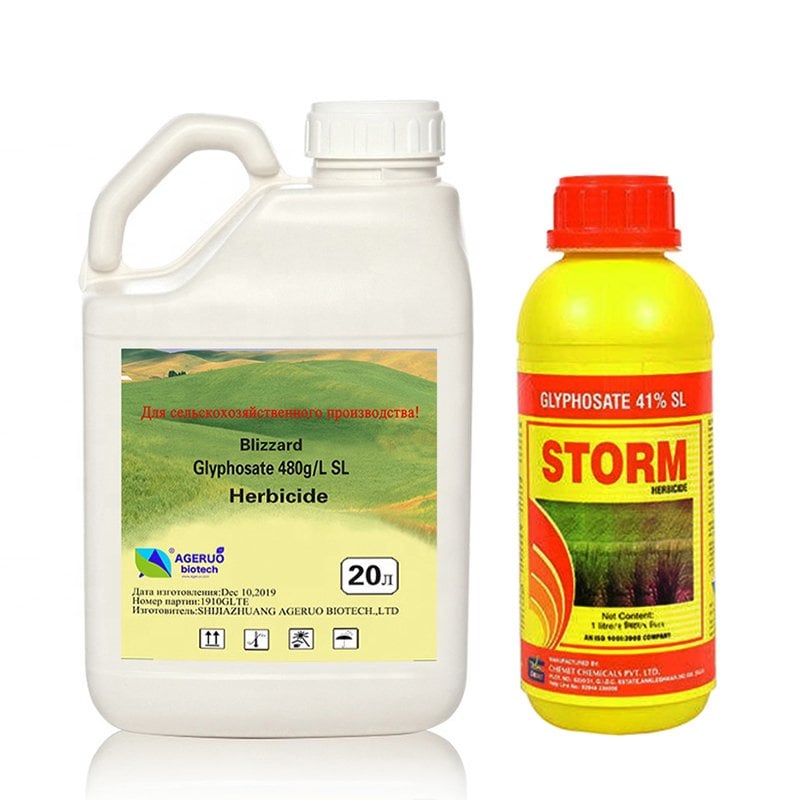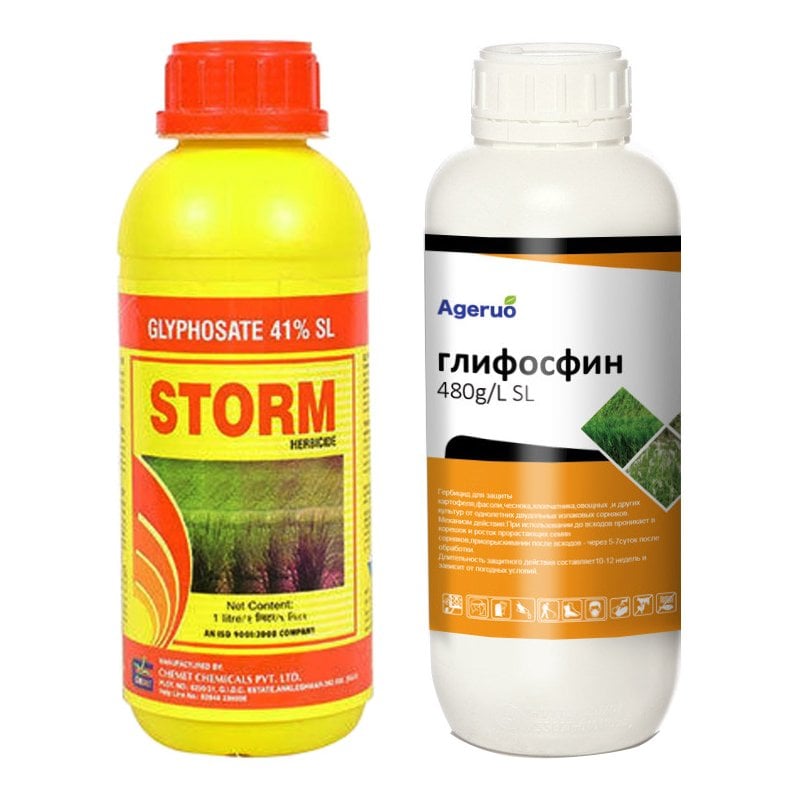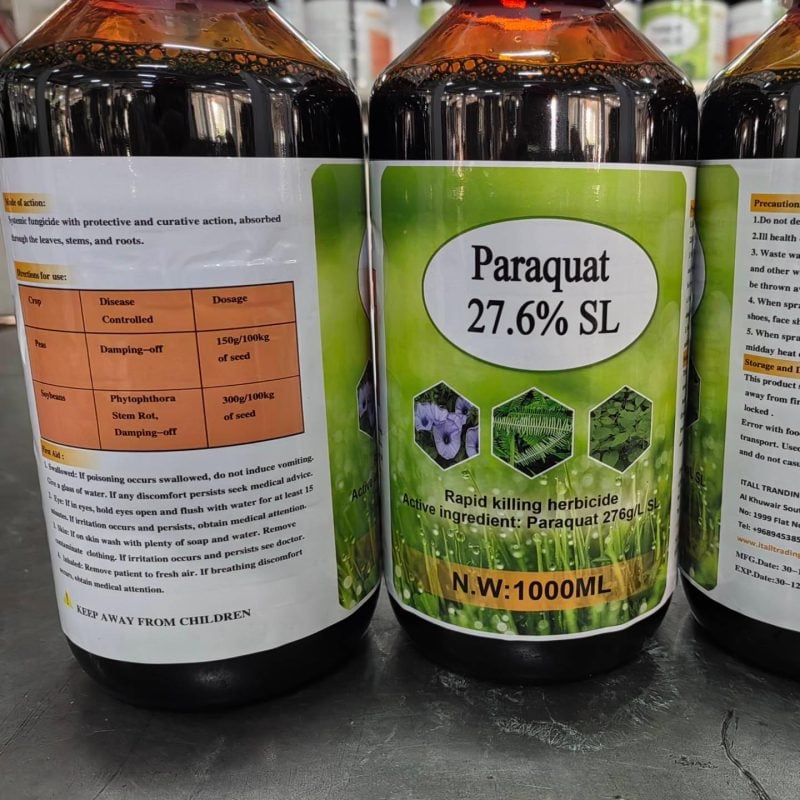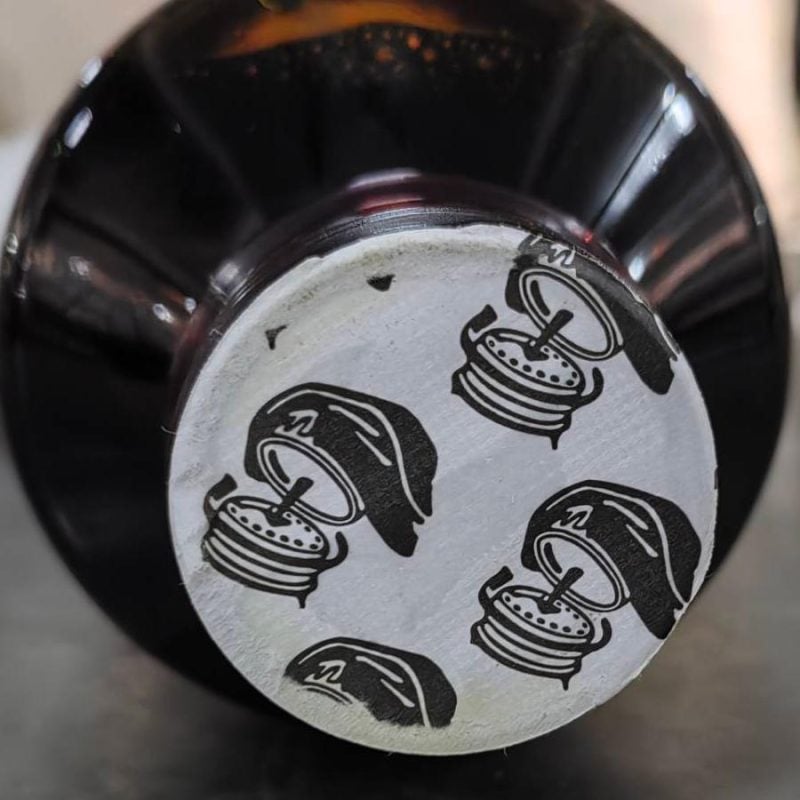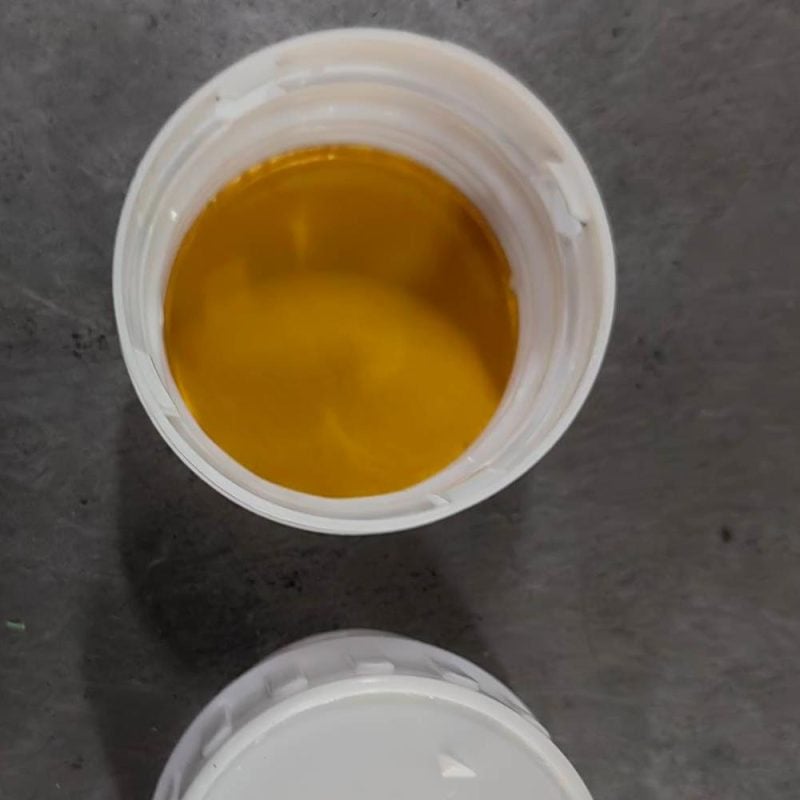Does Roundup Contain Paraquat?
When it comes to herbicides, Roundup is one of the most well-known brands. However, many consumers wonder if Roundup contains Paraquat, another herbicide commonly used in agriculture. In this article, we’ll clarify whether Roundup contains Paraquat, the difference between these two chemicals, and the safety considerations when using them. We’ll also address common concerns regarding their impact on health and the environment.
What Is Roundup?
Roundup is a glyphosate-based herbicide, developed and sold by Monsanto (now part of Bayer). It is used to control weeds and unwanted plants in a variety of agricultural and landscaping settings. Glyphosate, the active ingredient in Roundup, works by inhibiting a plant enzyme involved in the synthesis of amino acids, ultimately stopping plant growth and killing the weeds.
What Is Paraquat?
Paraquat is another widely used herbicide, known for its high toxicity. Unlike glyphosate, paraquat works by disrupting the process of photosynthesis in plants, leading to rapid plant death.
Does Roundup Contain Paraquat?
No, Roundup does not contain paraquat. Roundup’s active ingredient is glyphosate, not paraquat. While both chemicals are herbicides, they are different substances with distinct modes of action and health implications.
How Are Roundup and Paraquat Different?
| Feature | Roundup (Glyphosate) | Paraquat |
|---|---|---|
| Active Ingredient | Glyphosate | Paraquat |
| Mode of Action | Inhibits enzyme involved in amino acid synthesis | Disrupts photosynthesis in plants |
| Toxicity to Humans | Low toxicity when used as directed | Highly toxic, fatal if ingested |
| Regulation | Widely used with ongoing regulation in many countries | Restricted or banned in many countries |
| Environmental Impact | Degrades in soil relatively quickly | Can persist and contaminate the environment |
Why the Confusion Between Roundup and Paraquat?
Many people confuse Roundup and paraquat because both are used to control weeds and are widely available in agricultural markets. However, their active ingredients and mechanisms of action are entirely different, and each carries its own set of safety risks.
Conclusion: Roundup vs. Paraquat
In summary, Roundup does not contain paraquat. It contains glyphosate, which works differently from paraquat. While glyphosate is generally considered safe when used according to label instructions, it remains controversial due to potential health risks. Paraquat, on the other hand, is highly toxic and has been banned in many regions due to its severe health and environmental risks.
When using any herbicide, always read and follow the manufacturer’s instructions carefully. If you have concerns about herbicide safety, it is advisable to consult with an expert, such as a local agricultural extension officer, or reach out to your product supplier for more information.
When it comes to herbicides, Roundup is one of the most well-known brands. However, many consumers wonder if Roundup contains Paraquat, another herbicide commonly used in agriculture. In this article, we’ll clarify whether Roundup contains Paraquat, the difference between these two chemicals, and the safety considerations when using them. We’ll also address common concerns regarding their impact on health and the environment.
What Is Roundup?
Roundup is a glyphosate-based herbicide, developed and sold by Monsanto (now part of Bayer). It is used to control weeds and unwanted plants in a variety of agricultural and landscaping settings. Glyphosate, the active ingredient in Roundup, works by inhibiting a plant enzyme involved in the synthesis of amino acids, ultimately stopping plant growth and killing the weeds.
What Is Paraquat?
Paraquat is another widely used herbicide, known for its high toxicity. Unlike glyphosate, paraquat works by disrupting the process of photosynthesis in plants, leading to rapid plant death.
Does Roundup Contain Paraquat?
No, Roundup does not contain paraquat. Roundup’s active ingredient is glyphosate, not paraquat. While both chemicals are herbicides, they are different substances with distinct modes of action and health implications.
How Are Roundup and Paraquat Different?
| Feature | Roundup (Glyphosate) | Paraquat |
|---|---|---|
| Active Ingredient | Glyphosate | Paraquat |
| Mode of Action | Inhibits enzyme involved in amino acid synthesis | Disrupts photosynthesis in plants |
| Toxicity to Humans | Low toxicity when used as directed | Highly toxic, fatal if ingested |
| Regulation | Widely used with ongoing regulation in many countries | Restricted or banned in many countries |
| Environmental Impact | Degrades in soil relatively quickly | Can persist and contaminate the environment |
Why the Confusion Between Roundup and Paraquat?
Many people confuse Roundup and paraquat because both are used to control weeds and are widely available in agricultural markets. However, their active ingredients and mechanisms of action are entirely different, and each carries its own set of safety risks.
Conclusion: Roundup vs. Paraquat
In summary, Roundup does not contain paraquat. It contains glyphosate, which works differently from paraquat. While glyphosate is generally considered safe when used according to label instructions, it remains controversial due to potential health risks. Paraquat, on the other hand, is highly toxic and has been banned in many regions due to its severe health and environmental risks.
When using any herbicide, always read and follow the manufacturer’s instructions carefully. If you have concerns about herbicide safety, it is advisable to consult with an expert, such as a local agricultural extension officer, or reach out to your product supplier for more information.


